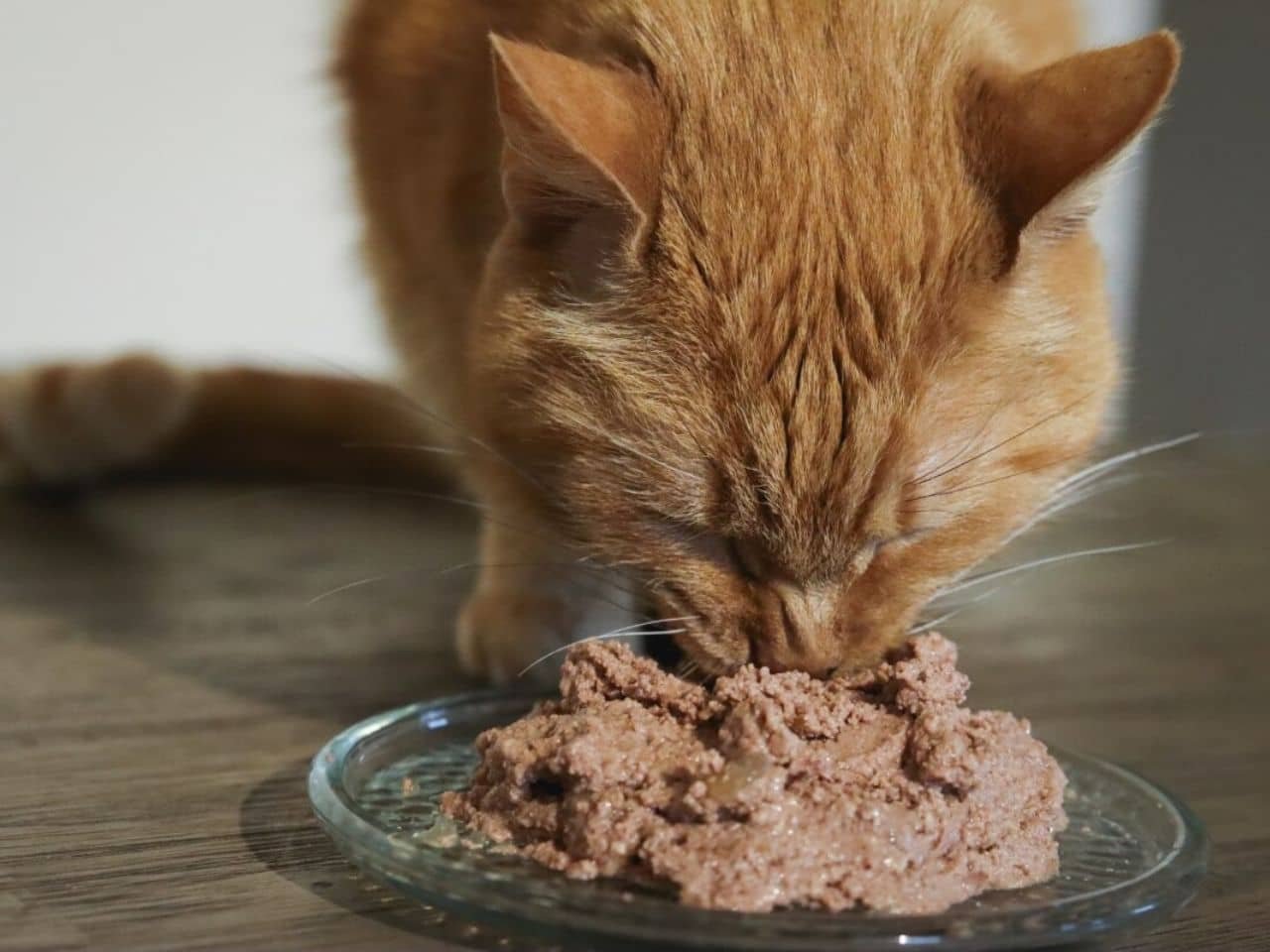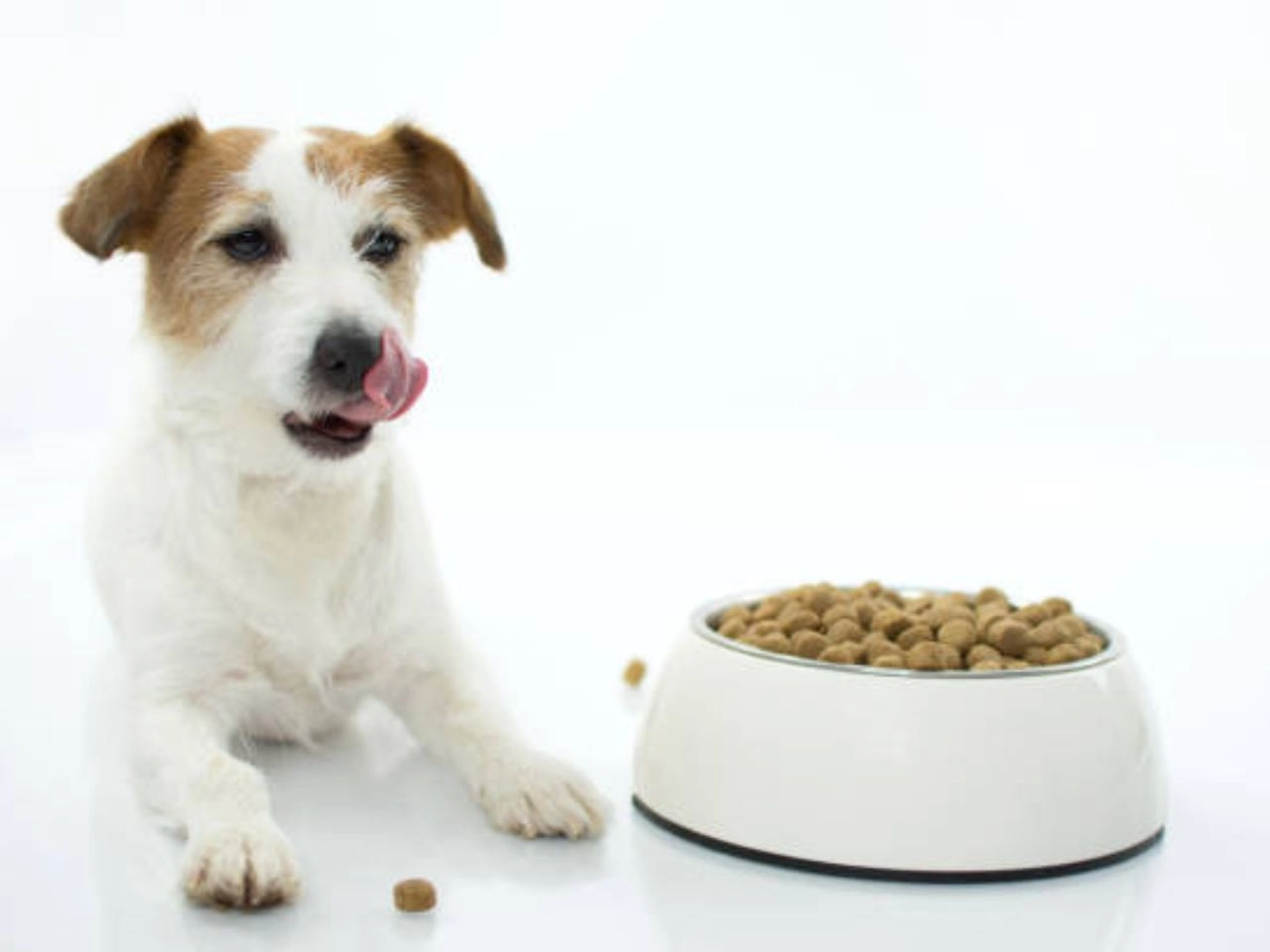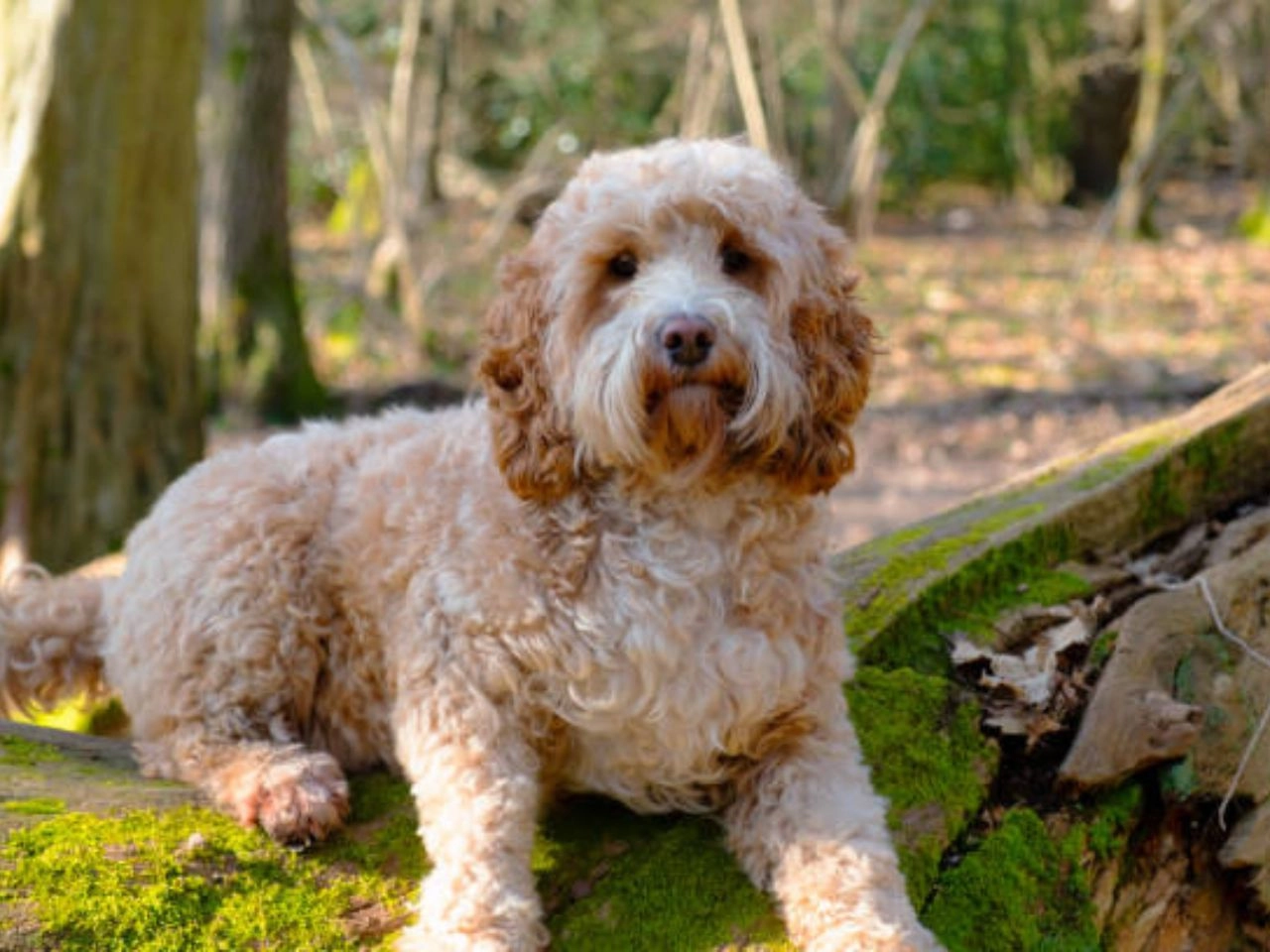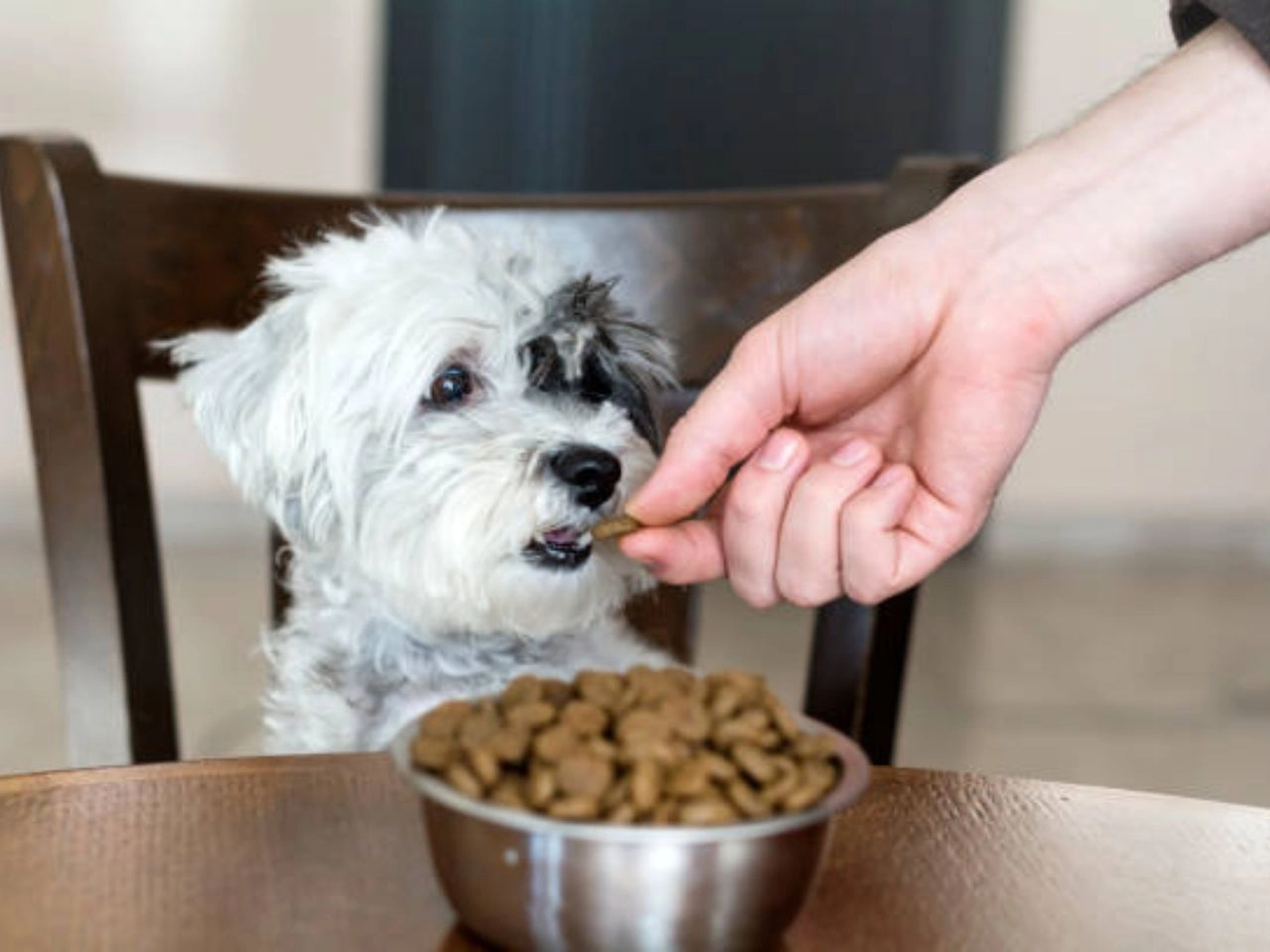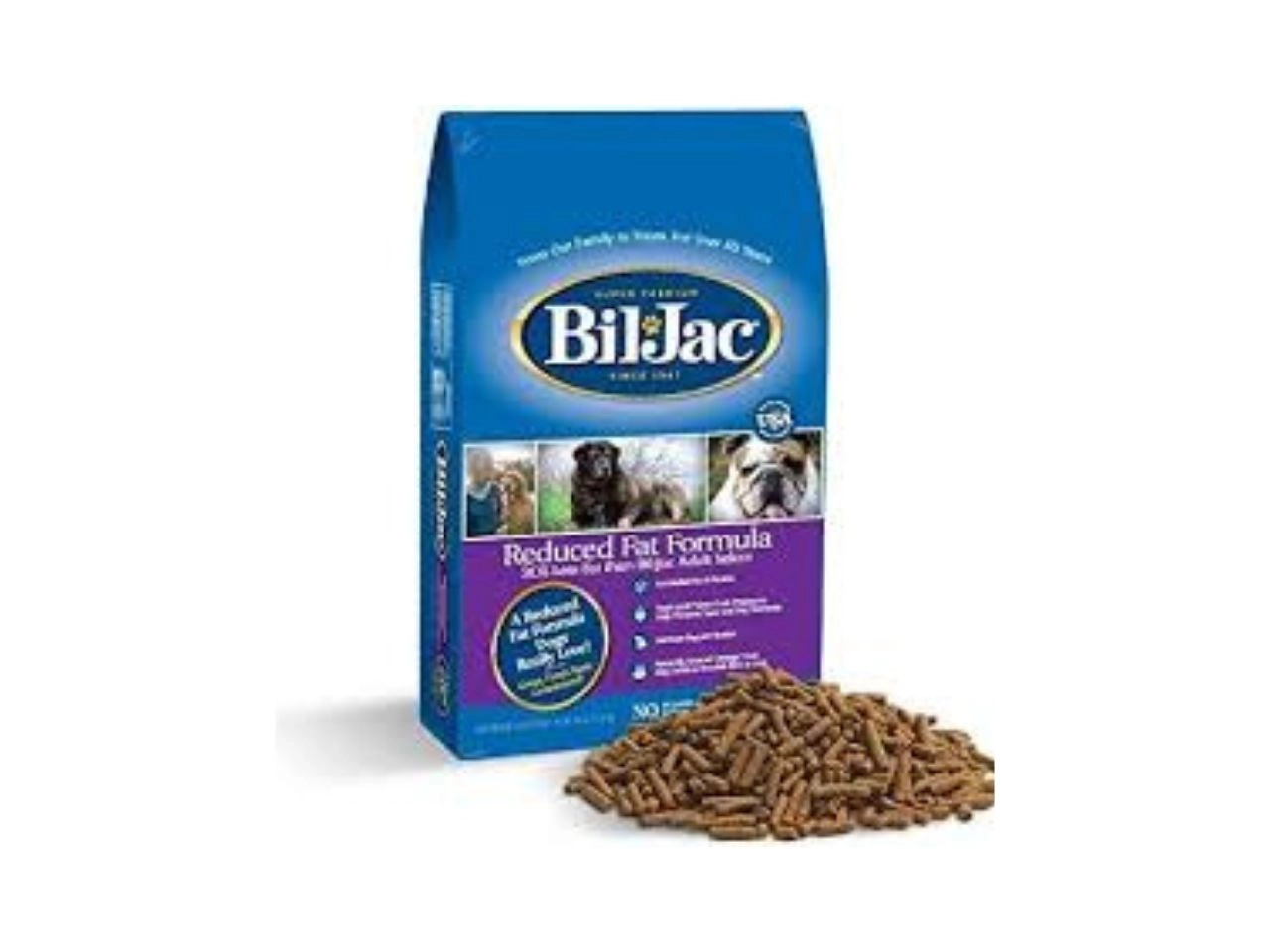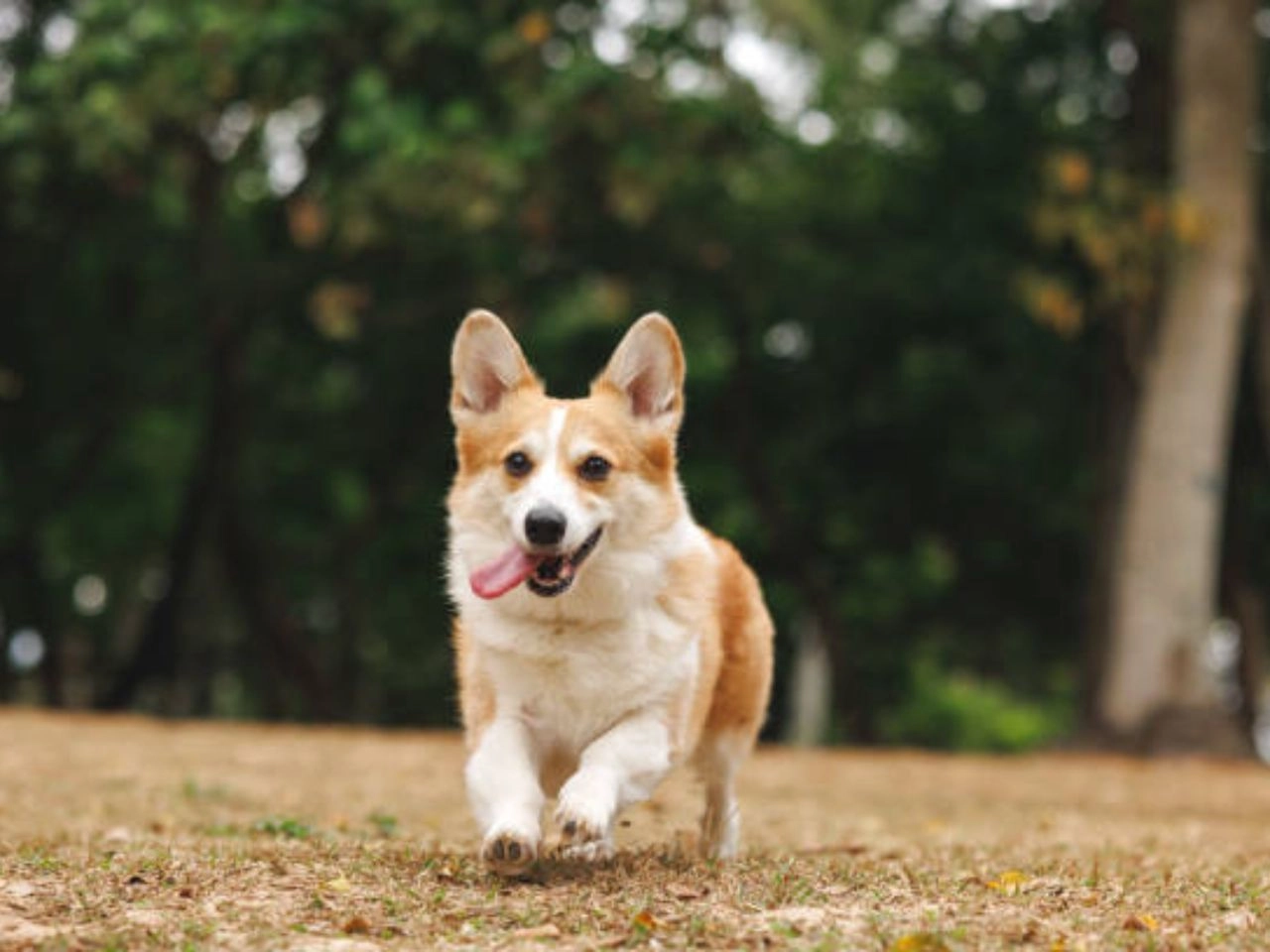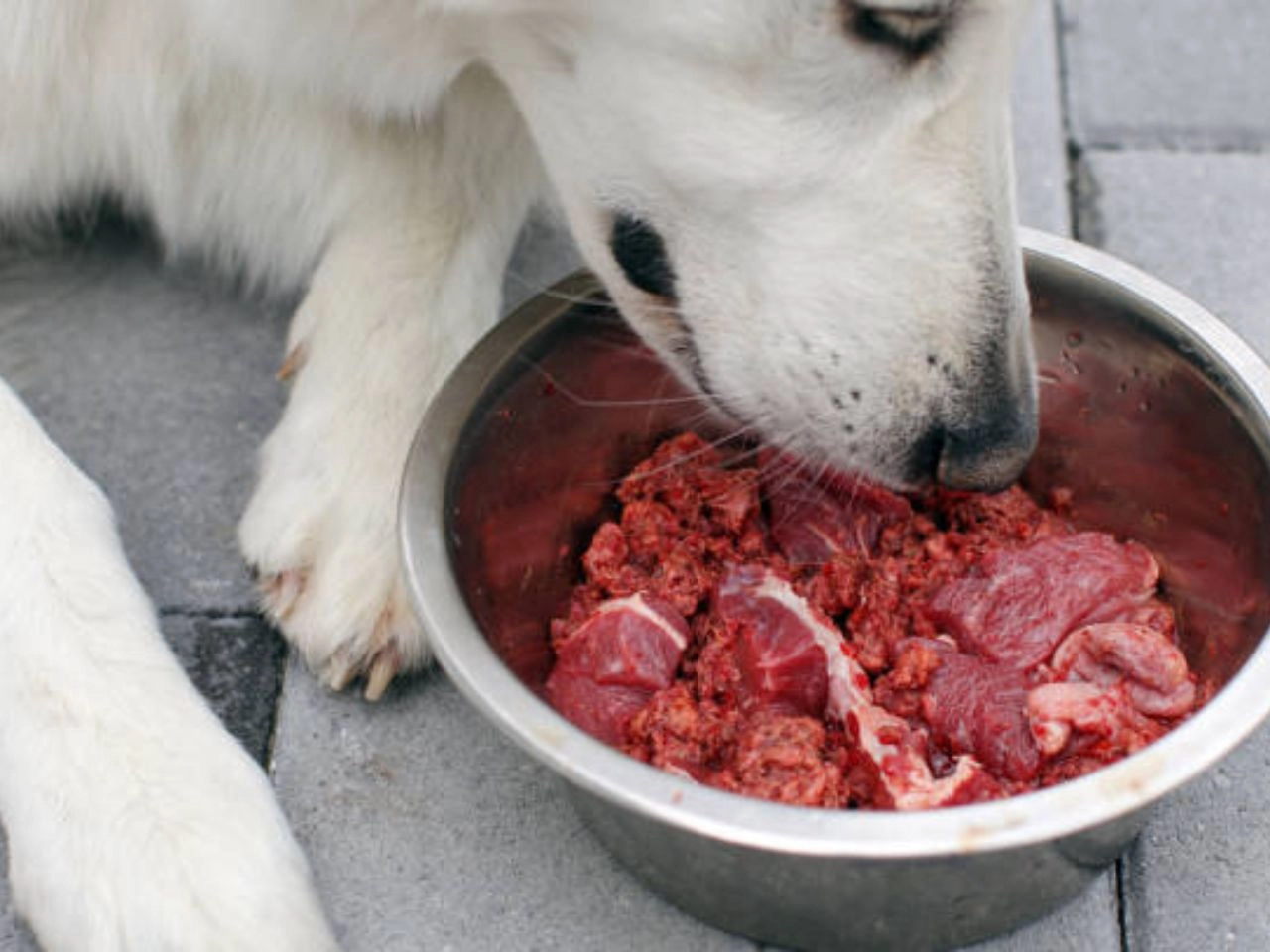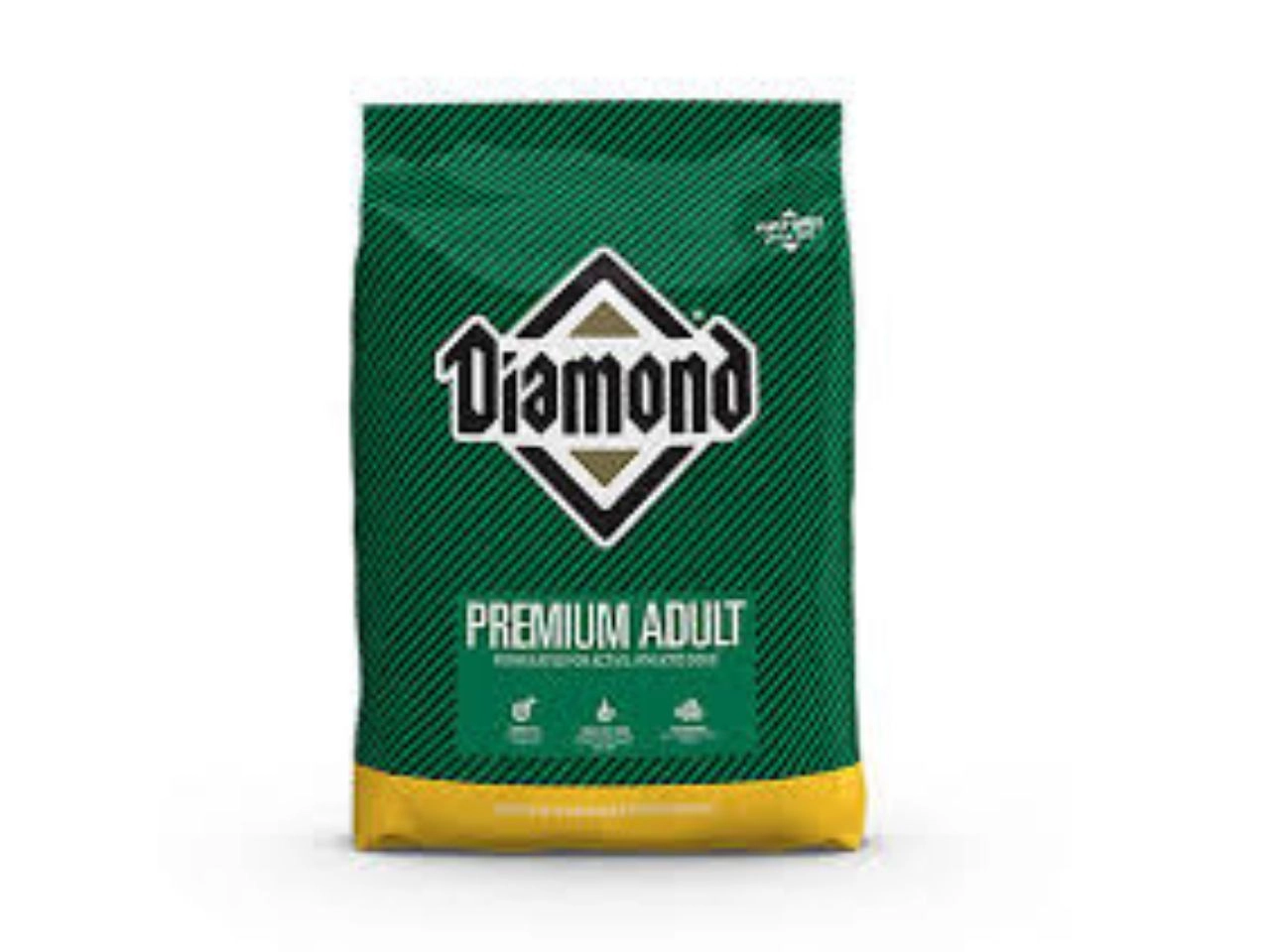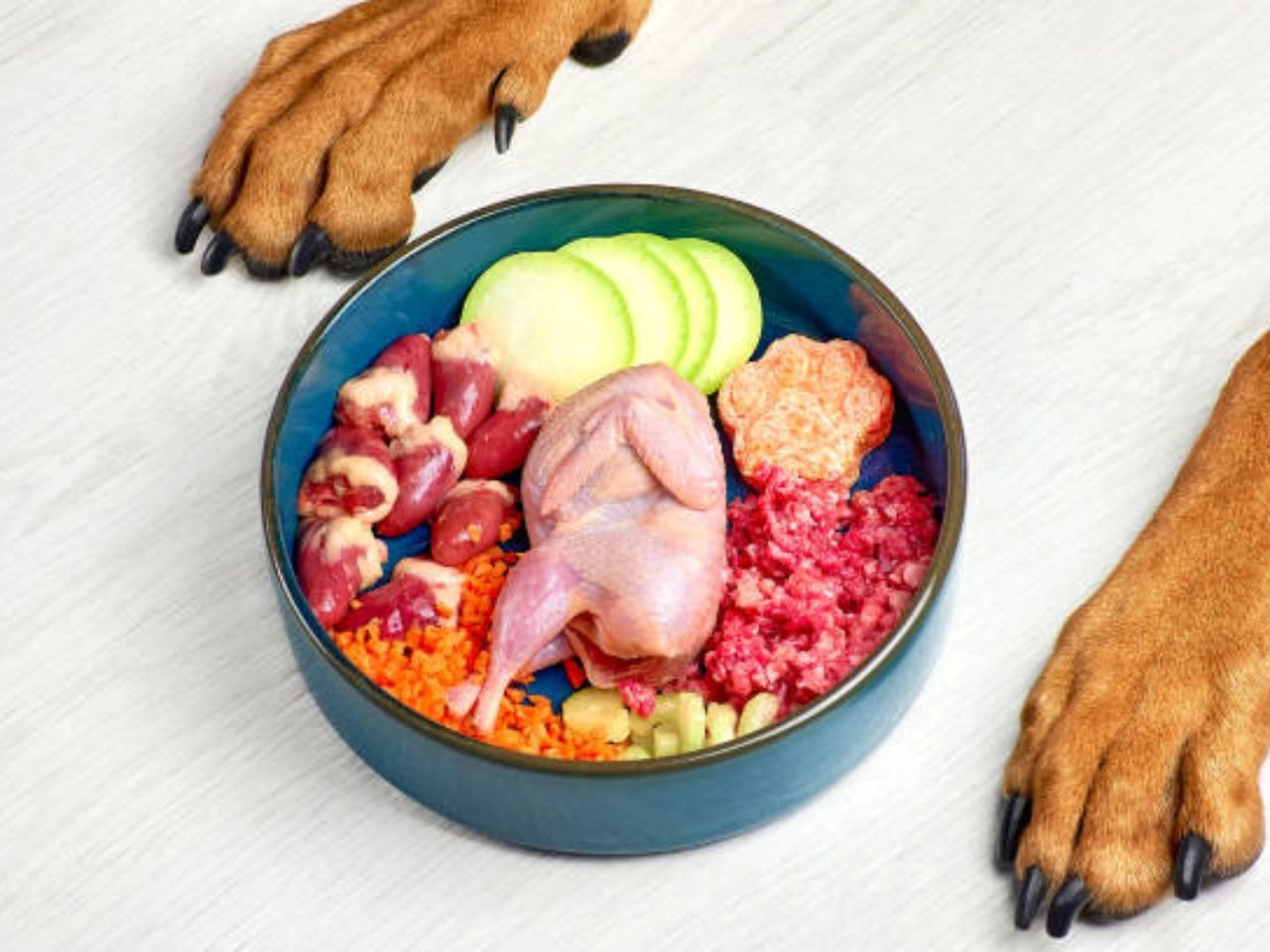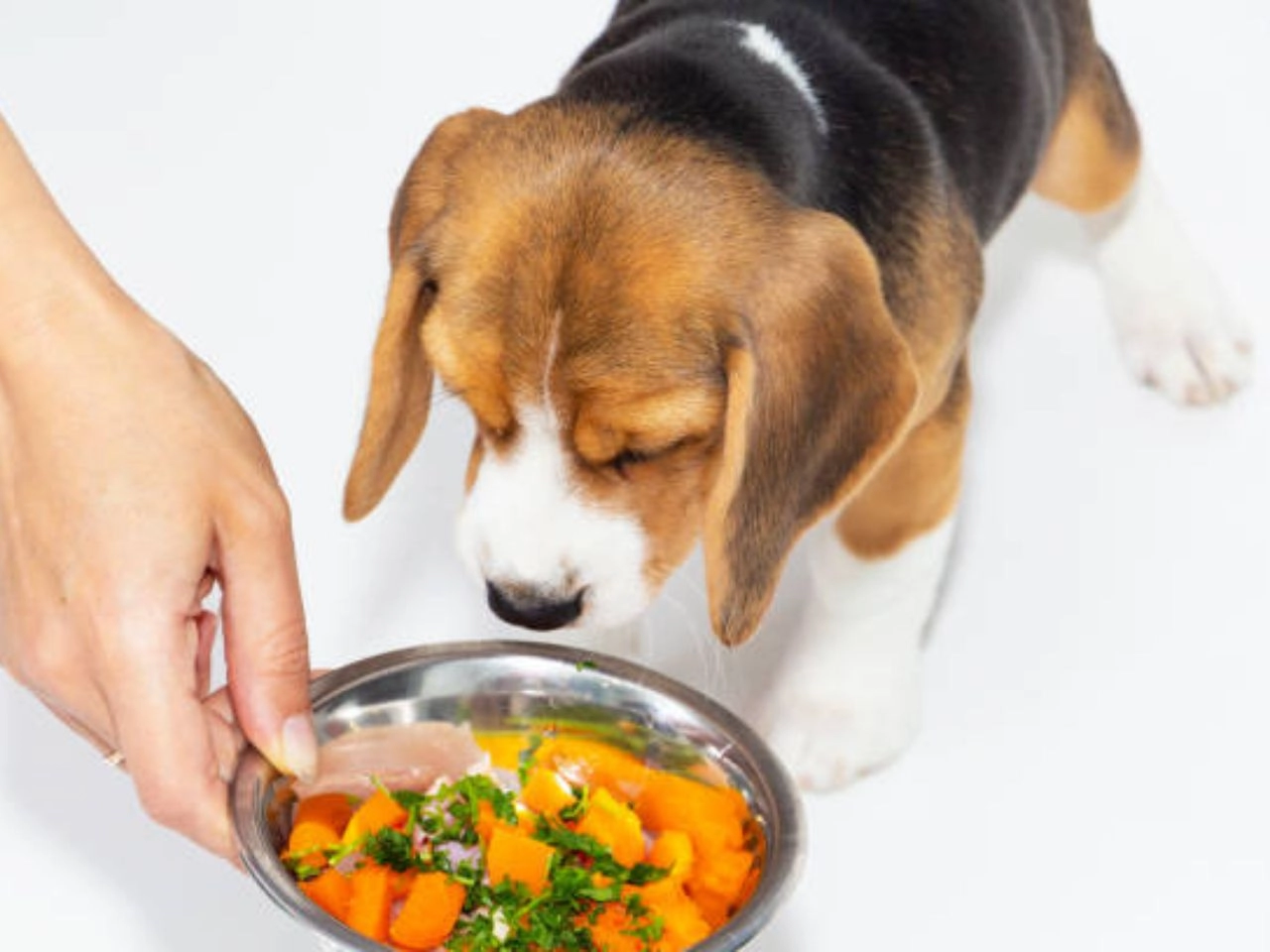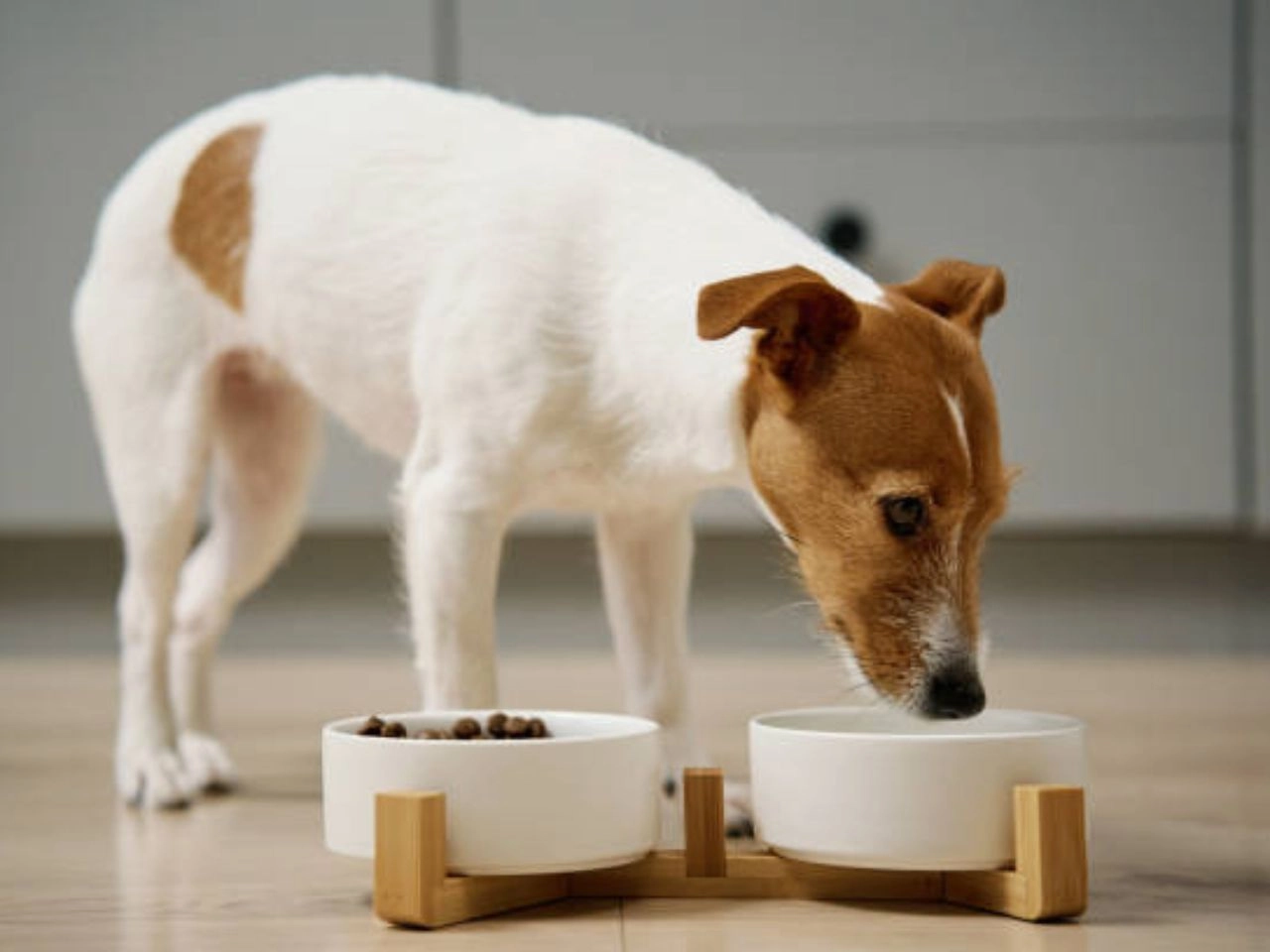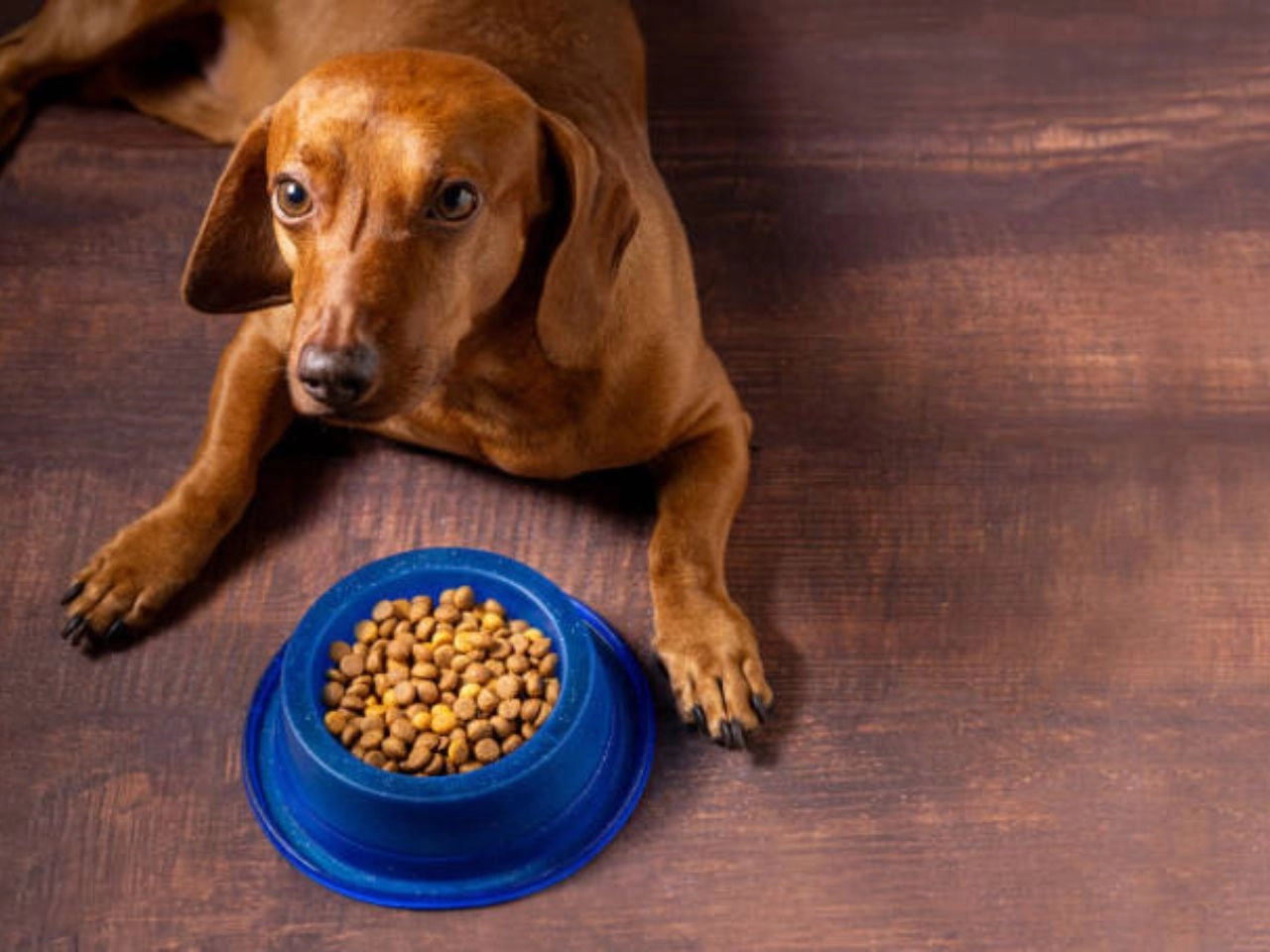The best food for a Great Dane puppy should be high in protein and specifically formulated for large breeds. It must support rapid growth and joint health.
Great Dane puppies require a balanced diet that promotes healthy development and sustains their energetic nature. Feeding them with the right nutrients is crucial during their formative months to ensure they grow into strong, healthy adults. It’s essential to choose a puppy food that caters to their unique dietary needs, which include a careful balance of protein, fats, and carbohydrates, along with vitamins and minerals to support bone health.
Owners should seek out reputable brands that offer complete and balanced meals, designed with the nutritional requirements of giant breeds in mind. Opting for quality food early on sets the foundation for a Great Dane’s long-term well-being and vitality.
Introduction To Great Dane Puppy Nutrition
Great Dane puppies are gentle giants in the making, and the right nutrition is critical to their growth. These puppies need a specific balance of nutrients to develop strong bones and muscles. The journey to raising a healthy adult starts with understanding what goes into their bowl.
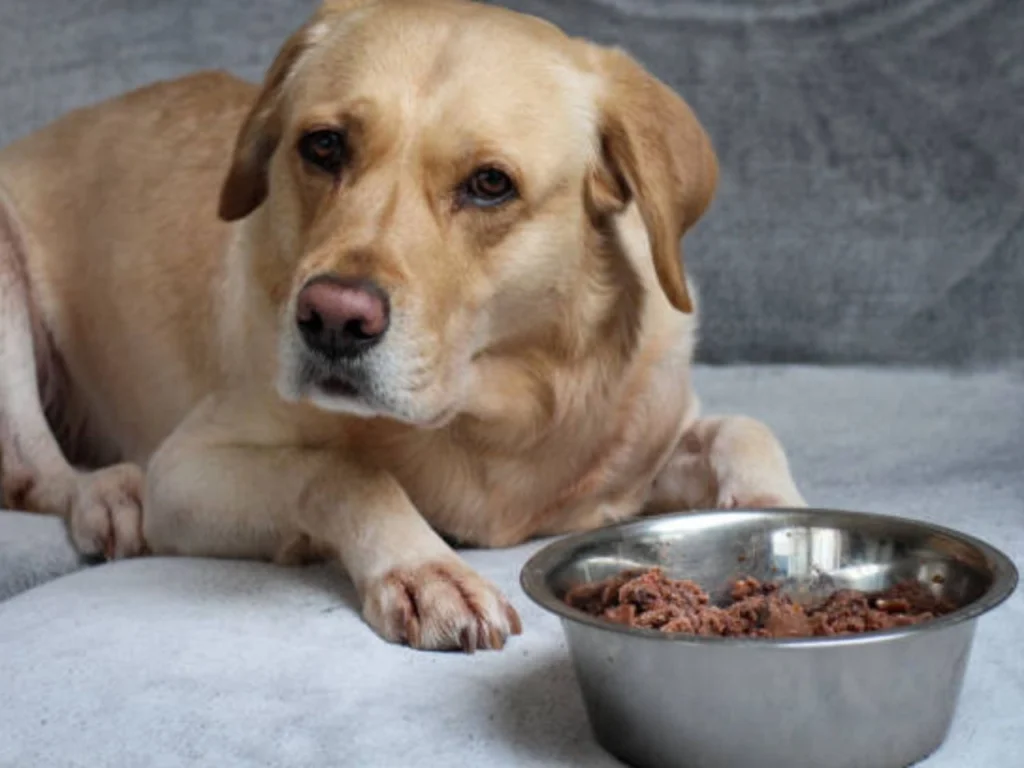
Importance Of A Balanced Diet
A balanced diet is the cornerstone of a Great Dane puppy’s health. Puppies grow quickly, so their food must contain the right mix of proteins, fats, vitamins, and minerals. This diet supports their rapid development and sets the foundation for a healthy life.
- Proteins for muscle growth
- Fats for energy and a shiny coat
- Vitamins and minerals for bone health
Unique Dietary Needs Of Great Dane Puppies
Great Dane puppies have unique dietary needs that differ from other breeds. Their large size means they need more calories, but not just any calories. These calories need to come from high-quality sources.
| Age | Caloric Intake | Key Nutrients |
| 2-3 months | High | Protein, Calcium |
| 4-5 months | Moderate | Phosphorus, Vitamins |
| 6+ months | Controlled | Fiber, Fats |
Key Nutrients For Great Dane Puppies
Great Dane puppies are gentle giants with specific dietary needs. Understanding the key nutrients essential for their growth and overall health is crucial. A balanced diet supports their rapid development, ensuring they grow into healthy and majestic adults.
Proteins: Building Blocks Of Growth
Proteins are vital for muscle development in Great Dane puppies. They need high-quality sources such as:
- Chicken
- Beef
- Fish
- Eggs
These protein sources help build strong muscles and repair body tissues.
Fats: Essential Energy Sources
Fats provide energy and help absorb vitamins. The best fats for Great Dane puppies include:
- Fish oil – rich in Omega-3
- Flaxseed – for a shiny coat
- Chicken fat – for overall health
Monitor fat intake to prevent excessive weight gain.
Carbohydrates: Supporting Active Lifestyles
Carbohydrates fuel your Great Dane puppy’s playfulness. Whole grains and vegetables like:
- Brown rice
- Sweet potatoes
- Peas
provide energy and aid in healthy digestion.
Vitamins And Minerals: Crucial For Development
Vitamins and minerals support bone health, immune function, and more. Include foods rich in:
| Vitamin/Mineral | Benefits | Sources |
| Calcium | Bone growth | Dairy, greens |
| Iron | Blood health | Red meat, liver |
| Zinc | Immune support | Pumpkin seeds, spinach |
Analyzing Commercial Puppy Foods
Great Dane puppies need the right balance of nutrients to grow into gentle giants. Commercial puppy foods offer convenience, but it’s crucial to choose wisely. In this section, we’ll dive into what to look for and what to avoid when selecting food for your growing pup.
Decoding Food Labels
Understanding food labels is key to choosing quality nutrition for your Great Dane puppy. Here’s a quick guide to make sense of the information:
- Ingredients List: Items are listed by weight. Look for whole meats or meat meals as the first ingredient.
- Guaranteed Analysis: This shows minimum percentages of protein and fat and maximum percentages of fiber and moisture.
- Nutritional Adequacy Statement: Ensure it states the food is formulated for growth or all life stages.
- Feeding Guidelines: Provides a starting point for how much to feed your puppy, but adjust as needed for your pup’s activity level and growth.
Common Ingredients To Avoid
Some ingredients in commercial puppy foods may not be beneficial for your Great Dane’s growth and health. Steer clear of the following:
| Ingredient | Reason to Avoid |
| By-products | Low-quality protein sources. |
| Artificial Preservatives | Can include BHA, BHT, and ethoxyquin, linked to health issues. |
| Corn Syrup | Added sugars can lead to obesity and diabetes. |
| Artificial Colors | Unnecessary and may cause behavioral issues. |
Top Recommended Foods For Great Dane Puppies
Great Dane puppies need specific nutrition to grow healthy and strong. Choosing the right food is crucial. Puppies of this breed grow fast. They need a balanced diet to support their rapid growth. Here are the top foods for your Great Dane puppy.
Dry Kibble Selections
Dry kibble is convenient and helps keep teeth clean. Look for kibble that’s high in protein and low in fillers. Good kibble supports a Great Dane puppy’s bone health.
- High-quality protein: Chicken, beef, or fish should be the first ingredient.
- Joint support: Glucosamine and chondroitin are important.
- Proper calcium to phosphorus ratio: Essential for bone growth.
Wet Food Options
Wet food is tasty and helps with hydration. It can be mixed with dry kibble. Choose wet foods that are rich in meat and free from artificial preservatives.
| Brand | Protein Source | Grain-Free |
| Brand A | Chicken | Yes |
| Brand B | Lamb | No |
Specialty Diets: Grain-free And Limited Ingredient
Grain-free and limited-ingredient diets can be good for puppies with sensitivities. They often use alternative carbohydrates like sweet potatoes. They have simple recipes. This makes them easier to digest for some puppies.
- Check for allergies: Your vet can help you with this.
- Read labels carefully: Look for whole food ingredients.
- Monitor your puppy: Ensure they are thriving on their diet.
The Role Of Raw And Homemade Diets
Choosing the right diet for a Great Dane puppy is crucial. Raw and homemade diets are gaining popularity among pet owners. These diets aim to mimic a dog’s natural ancestral eating habits. They are crafted with care, considering the nutritional needs of a growing Great Dane.
Benefits Of Raw Feeding
Raw feeding, also known as the BARF diet (Biologically Appropriate Raw Food), offers several advantages:
- Improved digestion: Raw food is easy for puppies to digest.
- Better dental health: Chewing raw bones cleans teeth naturally.
- Enhanced energy levels: Nutrient-rich meals boost vitality.
- Healthier skin and coat: Essential fats promote a shiny coat.
How To Prepare Balanced Homemade Meals
To prepare balanced homemade meals for your Great Dane puppy, follow these steps:
- Consult a vet to understand your puppy’s dietary needs.
- Select high-quality proteins like beef or chicken.
- Include a variety of vegetables for fiber and minerals.
- Add a calcium source, such as crushed eggshells.
- Balance the meal with a suitable proportion of fats.
Ensure each meal is nutritionally complete. This means it has all the vitamins, minerals, and nutrients your puppy needs to thrive.
| Ingredient | Proportion |
| Protein (Meat/Fish) | 50% |
| Vegetables | 30% |
| Carbs (Rice/Potatoes) | 15% |
| Fats (Oils/Seeds) | 5% |
Feeding Schedule For Optimal Growth
Great Dane puppies grow at a rapid rate. Their diet supports their health and growth. A proper feeding schedule is crucial. It ensures steady growth and development. Let’s dive into the details of a feeding plan.
Daily Feeding Guide
Consistent meals help your Great Dane puppy grow well. Puppies need feeding three to four times a day. This maintains their energy levels. Stick to the same feeding times daily.
| Age | Meals per Day | Total Cups of Food |
| 2-3 months | 4 | 3-4 cups |
| 4-5 months | 3 | 4-6 cups |
| 6-8 months | 3 | 6-8 cups |
| 9-11 months | 2 | 8-10 cups |
| 12+ months | 2 | Adult portion |
Adjusting Portions As Your Puppy Grows
As your Great Dane puppy grows, adjust their portions. Monitor their weight and body condition. Increase food gradually. A vet can help with portion sizes.
- 2-3 months: Small, frequent meals.
- 4-5 months: Begin increasing portion sizes.
- 6-8 months: Transition to larger meals, less often.
- 9-11 months: Near adult portions.
- 12+ months: Switch to adult dog food and portions.
Always measure food for accuracy. Use a standard cup measure. Avoid overfeeding. It can lead to health issues.
Common Feeding Issues And Solutions
Nourishing a Great Dane puppy requires careful attention. These gentle giants face unique dietary challenges. Recognizing and addressing these issues early promotes healthy growth and development.
Overfeeding And Obesity
Overfeeding is a common mistake among Great Dane puppy owners. These puppies grow rapidly, making it tempting to provide extra portions. However, excessive feeding leads to obesity, which can strain their developing bones and joints.
- Monitor calorie intake closely.
- Follow a vet-recommended feeding schedule.
- Ensure meals are well-balanced.
Use a growth chart to track your puppy’s weight. Adjust their food intake based on their growth curve.
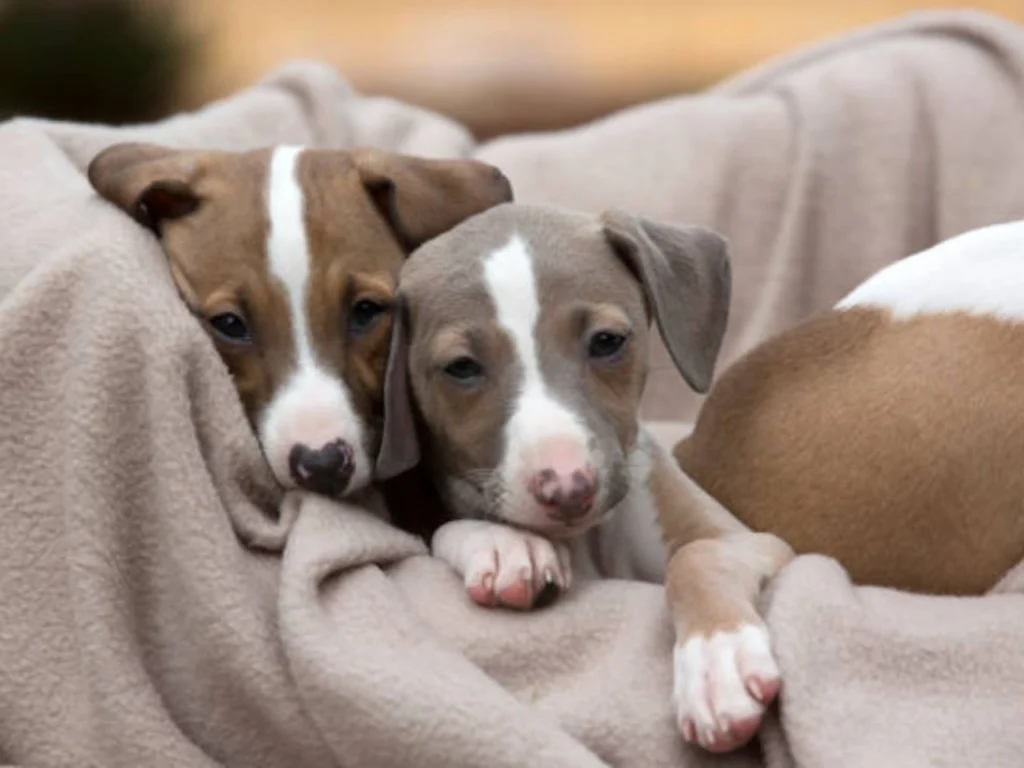
Underfeeding And Nutritional Deficiencies
Underfeeding a Great Dane puppy can be just as harmful as overfeeding. These dogs need sufficient nutrients to support their rapid growth phases.
- Provide high-quality puppy food designed for large breeds.
- Consult with a veterinarian to determine the proper portions.
- Watch for signs of deficiencies such as lethargy or poor coat quality.
A balanced diet supports overall health, ensuring your puppy grows into a strong, healthy dog.
| Issue | Solution |
| Overfeeding | Ensure adequate food intake, and check growth progress regularly. |
| Underfeeding | Ensure adequate food intake, check growth progress regularly. |
Supplements For A Growing Great Dane
Supplements play a crucial role in nurturing a growing Great Dane puppy. They ensure optimal health during their rapid growth phases. Understanding when and what supplements to provide can impact their development positively.
When Supplements Are Necessary
Not all Great Dane puppies need supplements. If your puppy’s diet lacks certain nutrients, supplements become essential. Key growth stages often demand additional support. Signs your puppy might need supplements include dull coats, lethargy, and slow growth.
- Consult a vet before starting any supplements.
- Observe your puppy for any signs of deficiencies.
- Ensure their main diet is balanced and complete.
Choosing The Right Supplements
Selecting the appropriate supplements is vital for your Great Dane’s health. Focus on quality and suitability for your puppy’s specific needs.
- Identify the gaps in your puppy’s diet.
- Research supplements that fill these gaps.
- Choose high-quality brands trusted by veterinarians.
- Check for reviews and feedback from other pet owners.
Common supplements include:
| Supplement Type | Benefits |
| Calcium & Phosphorus | Supports bone growth and density |
| Omega-3 Fatty Acids | Enhances coat shine and brain development |
| Probiotics | Aids in digestion and gut health |
Hydration: Ensuring Adequate Water Intake
Just like a well-balanced diet, proper hydration is vital for your Great Dane puppy’s growth and health. Ensuring your gentle giant has enough water each day is as crucial as choosing the right kibble. Water aids digestion, temperature regulation, and joint health. Let’s dive into the daily water needs of your growing pup and how to spot signs of dehydration.
Daily Water Requirements
Great Dane puppies need a consistent supply of fresh water. Their size demands more water than smaller breeds. A simple rule is:
- Puppies need half an ounce to one ounce of water per pound of body weight daily.
For a 30-pound pup, that’s between 15 to 30 ounces of water every day. Always fill their bowl with clean water and place it in an accessible area.
Signs Of Dehydration
Dehydration can be dangerous for puppies. Keep an eye out for:
- Dry gums
- Excessive drooling
- Sunken eyes
If you notice these signs, ensure your puppy gets water immediately. A simple skin test can help. Gently grab the skin on the back of the neck. If it doesn’t snap back quickly, your puppy could be dehydrated.
Always consult a vet if dehydration symptoms persist or worsen. Remember, a hydrated puppy is a happy and healthy puppy. Keep the water flowing!
Training Your Great Dane Puppy With Treats
Great Dane puppies are gentle giants with big appetites for learning. Training your puppy becomes exciting when you use the right treats. Treats make learning fun, rewarding, and efficient. Let’s explore how to turn treat time into an effective training tool for your furry friend.
Healthy Treat Options
Choosing healthy treats for your Great Dane puppy is crucial. Your puppy grows fast and needs the right nutrition. Here are some top picks:
- Lean meats: Chicken or turkey (cooked and unsalted).
- Vegetables: Carrots or green beans (steamed or raw).
- Fruits: Apples or bananas (without seeds or peel).
- Specialty puppy treats: Look for those with natural ingredients.
Remember to check with your vet before introducing new treats.
Using Treats Effectively During Training
Training with treats is more than just giving rewards. It’s about timing and consistency. Follow these tips:
| Tip | Why It’s Important |
| Immediate reward | Puppies connect the treat to the action right away. |
| Consistent use | Helps your puppy understand what behaviors are good. |
| Keep it small | Treats should be tiny to avoid overfeeding. |
| Vary the treats | Keeps your puppy interested and eager to learn. |
Transitioning To Adult Dog Food
Transitioning to Adult Dog Food marks a significant milestone in your Great Dane puppy’s life. Their nutritional needs change as they grow. It’s crucial to know when and how to switch to adult dog food. This ensures your gentle giant maintains optimal health during its rapid growth phase and well into adulthood.
When To Switch
Great Dane puppies should transition to adult dog food when they reach 18-24 months of age. Unlike smaller breeds that mature faster, Great Danes require more time before their bodies are ready for adult formulas.
How To Transition Safely
Switching your puppy’s diet needs a careful approach. Sudden changes can upset their stomachs. Here’s a step-by-step guide to ensure a smooth transition:
- Consult your vet to choose the right adult food for your Great Dane.
- Start mixing small amounts of adult food with their current puppy formula.
- Gradually increase the proportion of adult food over 7-10 days.
- Monitor your pet for any signs of digestive discomfort or allergies.
- Once fully transitioned, feed them two meals a day.
| Day | Puppy Food | Adult Food |
| Days 1-3 | 75% | 25% |
| Days 4-6 | 50% | 50% |
| Days 7-9 | 25% | 75% |
| Day 10 | 0% | 100% |
Monitoring Your Puppy’s Health And Growth
Great Dane puppies grow quickly, and it’s crucial to monitor their health and growth from the start. Ensuring they’re on the right track requires a keen eye and regular check-ins with a professional. A nutritious diet supports their rapid development, but it’s just one piece of the puzzle. Let’s explore how to keep these gentle giants healthy as they grow.
Regular Vet Checkups
Regular vet visits are vital for your Great Dane puppy’s health. These checkups help catch any health issues early. A vet can guide you on nutrition, vaccinations, and general care. Schedule appointments every few months during the first year. Your vet will monitor your puppy’s weight and growth, ensuring they’re developing correctly.
Key Growth Milestones
Great Dane puppies have key growth milestones you should watch for. By knowing these, you can ensure your pup is growing at a healthy rate. Below is a table highlighting these milestones:
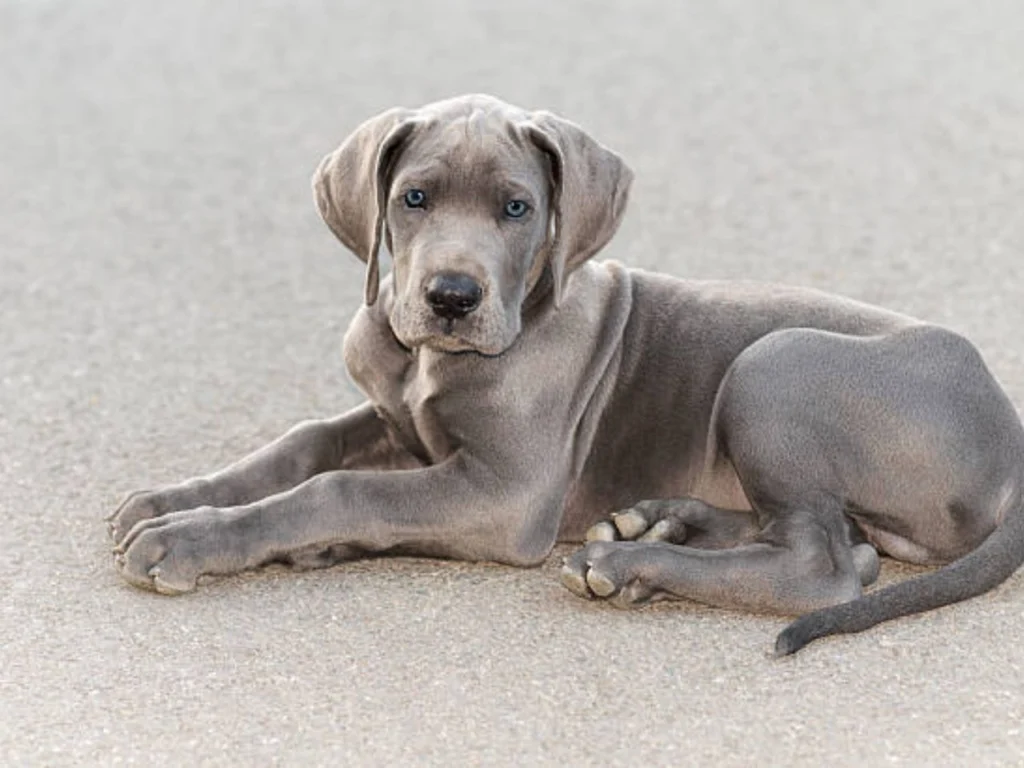
| Age | Milestone |
| 2-4 Months | Teething begins |
| 6 Months | Transition to adult food starts |
| 1 Year | Should reach about 70% of adult weight |
| 18 Months | Considered fully grown |
Resources And Expert Advice
Choosing the right food for a Great Dane puppy is crucial. Young dogs grow fast, especially large breeds like Great Danes. They need a balanced diet to develop strong bones and muscles. This section provides valuable resources and expert advice to help you select the best nutrition for your furry friend.
Recommended Reading And Websites
Knowledge is power, especially when it comes to your puppy’s health. Here’s a list of top-rated books and websites to help you understand your Great Dane’s nutritional needs:
- “The Great Dane Puppy Handbook” – A comprehensive guide to raising a healthy Great Dane.
- “Nutrition for Large-Breed Dogs” – This book focuses on diet specifics for larger breeds.
- DogFoodAdvisor.com – Reviews and rates dog food brands based on quality and ingredients.
- GreatDaneCare.com – Offers tailored advice for Great Dane owners.
Consulting With A Veterinarian
It is essential to talk to a vet about your Great Dane puppy’s diet. Vets know what nutrients are best for your puppies. They can recommend the right food and portion sizes. Here’s what you should discuss with your vet:
| Topic | Details |
| Food Types | Wet, dry, raw, or a mix. |
| Portion Control | How much and how often to feed. |
| Supplements | Are they necessary and beneficial? |
| Specific Brands | Which are vet-recommended? |
FAQ(Best Food for Great Dane Puppy)
What Is The Best Puppy Food To Feed A Great Dane Puppy?
The best Great Dane puppy food should be high-quality, breed-specific, and formulated for large breeds to support optimal growth.
Do Great Dane Puppies Need High-Protein Food?
Yes, Great Dane puppies require high-protein food to support their rapid growth and development. Protein helps build strong muscles and maintain overall health. Always choose quality food designed for large-breed puppies.
How Long Should Great Danes Be On Puppy Food?
Great Danes should stay on puppy food until they are about 18 to 24 months old. This extended period supports their growth and development needs. Transition them to adult food gradually to ensure digestive health.
What Do Great Dane Puppies Need?
Great Dane puppies need a balanced diet, regular vet check-ups, proper training, socialization, and a spacious living environment. They also require gentle exercise and affection to thrive.
Selecting the right nutrition for your Great Dane puppy sets the foundation for a healthy, vibrant life. Embrace a diet that balances proteins, fats, and essential nutrients to support their rapid growth phase. Always consult with a vet for personalized advice.
Remember, a well-fed puppy is a happy, thriving companion for years to come.
